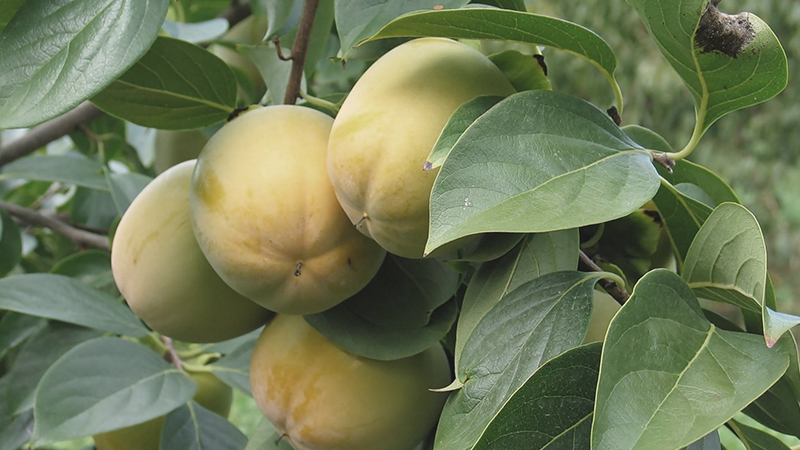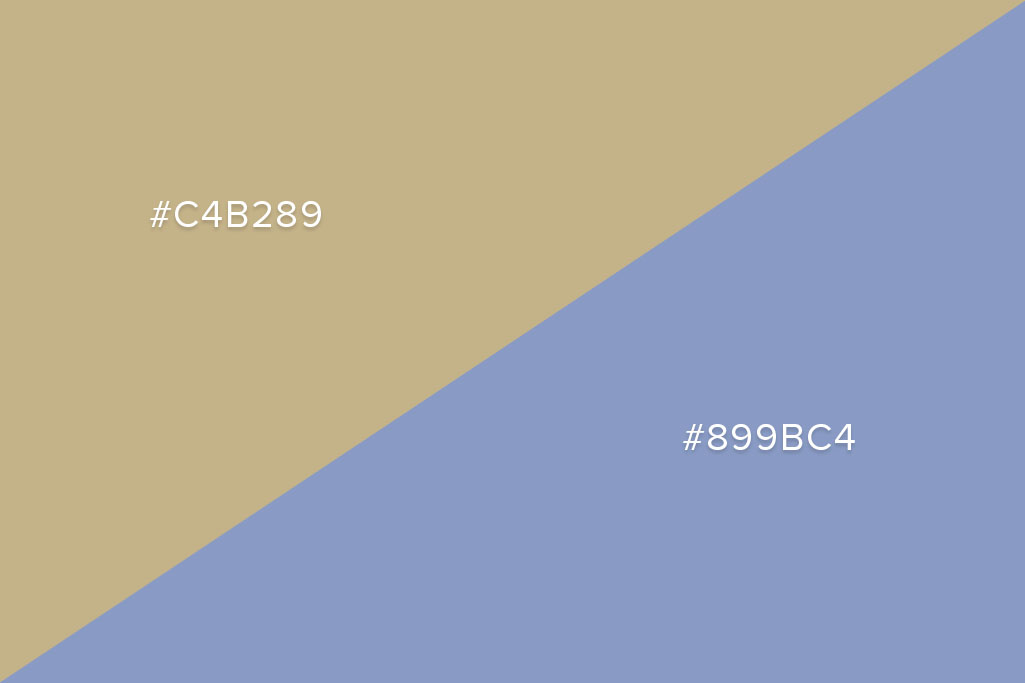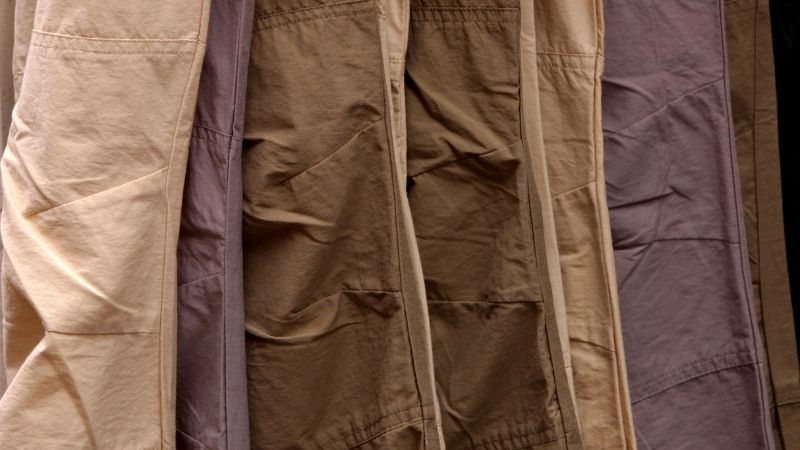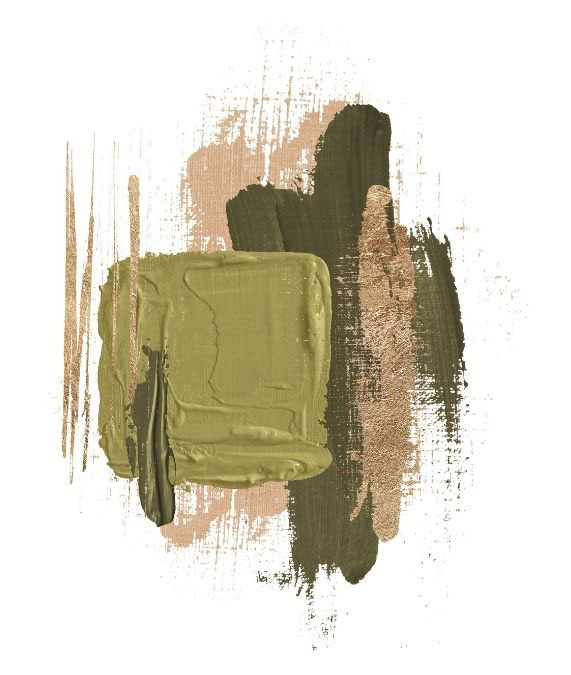What Color Is Khaki? About Khaki Color
Are you a fan of earthy brown and yellow hues? Then, you will probably love our featured color for today—Khaki! What is it? Let’s find out here!
What Color Is Khaki?
With a yellowish undertone, khaki is an understated brown color. Camouflage and military outfits have both historically employed this hue.
In 1846, a British Indian armed forces corps known as the Corps of Guilds initially donned the khaki uniform. It was used for military uniforms for the rest of the 20th century because of its neutral and earth-toned color, making it an excellent camouflage option.
Khaki became the official uniform of the British Army in 1868. It wasn’t long after that the United States chose khaki for its military uniforms.
Since then, many forces throughout the world have embraced it. Some khakis appear to be a darker shade of tan or brown, while others seem to be more like beige or taupe, with varying shades of green and dark green.
As khaki is an excellent neutral, you can pair it with every hue in the spectrum. Khaki, however, looks best when paired with greens, blues, and whites.
It is 94.1 percent red, 90.2 percent green, and 54.9 percent blue in an RGB color space. The CMYK color space hex #F0E68C comprises zero cyan, four magentas, 42 yellow, and six black. Saturation is 76.9 percent; the brightness is 74.5 percent; the hue angle is 54 degrees.
Khaki Color Palettes

Complementary Colors
Colors at the opposing ends of the color wheel are called complementary colors. According to the RGB scheme, #899BC4 provides the best contrast to #C4B289 color.
Ceil, with the hexadecimal identifier #899BC4, is khaki’s mate. Complementary color palettes are the most straightforward to use and implement.

Competing color schemes are the most effective method of grabbing an audience’s eye. Sage (#B9C489) and Rosy Brown (#C49589) are khaki’s closest color analogs. These two hues are 30 degrees apart on either side of the Khaki in the RGB color wheel.
Split-Complementary

Khaki’s split-complementary hues are #89B9C4 (Dark Sky Blue) and #9589C4 (Dark Sky Blue or Lavender Purple). In a split-complementary palette, the primary shade pairs with color combinations 30 degrees apart. According to our study, split-complementary palettes are becoming increasingly popular online, particularly in creating images and websites.
Triadic

It might be because it doesn’t contrast as much as the complementary color palette, which results in a color combination that’s more pleasing to the eye. Shades in the khaki triadic color palette are divided by 120° in the RGB wheel, making it a three-color palette.
To produce a gorgeous triadic spectrum with the most variety in hue, the colors (#B289C4) African Violet, (#96C8A2) Eton Blue, and #C4B289 combine.
Tetradic
As well as the primary color (#C4B289), the khaki tetradic palette includes the following colors: Eton Blue, Ceil, and Puce. In most circumstances, a tetradic color palette should not be used off-the-shelf due to its complexity.
Square Palette

Dark Sea Green (#89C495), Ceiling (#899BC4), and Khaki (#C489B9) make up the square palette of the Khaki (African Violet). Similarly to triadic, the colors in a square spectrum are separated by 90 degrees. This rainbow spectrum is based on the RGB principle and has seven colors, much like the classic rainbow.
If the selected color is very dark or very bright, you may not perceive much fluctuation in color. It’s possible to create faded, soft, pastel, or drab rainbow palettes using this process.
What Psychology Says About Khaki

A severe and quiet person, khaki does not like to be the center of attention. Therefore, it prefers to recover its energies alone.
Dutifulness, respect for authority, and a preference for order and structure are likely characteristics of those who appreciate or wear the color because of military ties.
A hard worker, pragmatic, traditional, conservative, and realist typically connect with these characteristics.
Managerial roles would be a good fit for someone with these characteristics.
Khaki may also share some characteristics with those who prefer green or brown. So if you have a nature-loving mentality, you’re likely to enjoy hiking, camping, and other outdoor pursuits.
Influence That Comes With Khaki

However, khaki’s overall effect might be regarded as a warm neutral hue based on the rendition of the color.
To relax and wind down, warm neutral shades provide a soothing mix that is both warm and supportive of neutral thought.
Green khaki is an exception to this rule, as green is a cooler hue. Therefore, it’s more likely to make you feel cooler. It’s a little on the mellow side and can have a sedative effect.
There may be an impact on persons who come into contact with the hue due to its association with military traits, such as a sense of duty and an emphasis on order and efficiency.
Takeaway
Khaki is an earthy brownish and yellowish color that means strength because of its military history. You can combine khaki with other fun and adventurous colors, such as violets and blues.
Read Latest Posts

Hi, I'm Anthony Tran! Welcome to my site. I live in Arizona and am obsessed with all things related to building an Online Business and working from home. Learn about my journey here.
Follow Online


